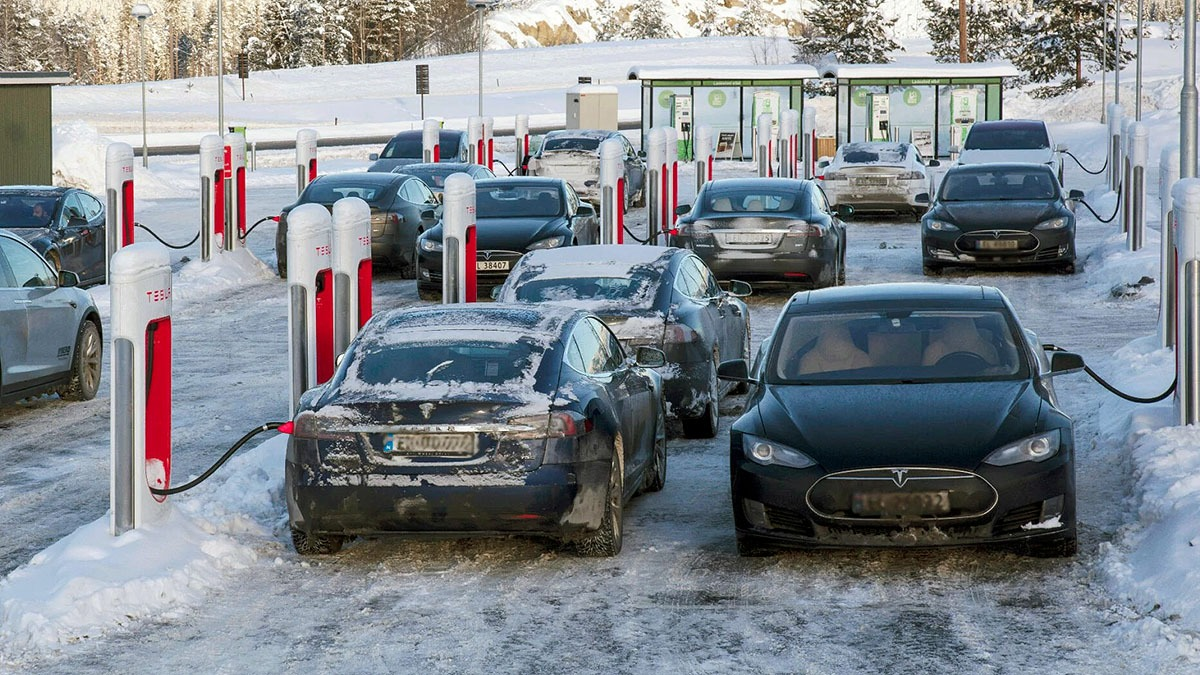Montpelier, VT (WRGB) — In a significant policy shift, Governor Phil Scott has signed Executive Order 04-25, directing the Vermont Agency of Natural Resources to suspend enforcement of regional electric vehicle (EV) sales mandates. These mandates were part of a multi-state agreement that required automakers to meet increasingly aggressive EV sales targets for passenger vehicles as well as medium- and heavy-duty trucks.
A Call for Realistic EV Adoption
Governor Scott emphasized that while he remains committed to promoting clean energy, Vermont's infrastructure and technology readiness have not yet reached the level required to support the mandates.
“I continue to believe we should be incentivizing Vermonters to transition to cleaner energy options like electric vehicles,” Scott said. “However, we have to be realistic about a pace that’s achievable.”
The executive order comes as Vermont struggles with a lack of widespread charging infrastructure, particularly in rural areas, and the limited availability of cost-effective EV options, especially in the heavy-duty truck sector. Scott noted that these barriers are slowing the pace of adoption and making it impractical to enforce current sales quotas.
Vermont’s Role in the Multi-State Agreement
Vermont had previously signed onto a multi-state Memorandum of Understanding (MOU) coordinated by the California Air Resources Board (CARB), which aimed to achieve 100% zero-emission vehicle sales by 2035. While states like California, New York, and Massachusetts continue to push forward with the plan, Scott's decision marks a break from Vermont’s prior alignment.
The now-paused policy would have required automakers to meet increasing EV sales percentages year over year. Failure to comply could have triggered penalties and impacted vehicle availability in the state.
Barriers to EV Adoption in Vermont
Vermont has been an early leader in climate-conscious legislation, but it faces unique challenges when it comes to transportation electrification:
-
Insufficient Charging Infrastructure: Many rural communities lack access to Level 2 or DC fast charging stations, making long-distance or commercial EV use impractical.
-
High Upfront Costs: Despite federal and state incentives, the initial cost of EVs remains a barrier for many Vermonters.
-
Cold Climate Concerns: Battery performance in harsh winter conditions continues to be a concern among potential EV buyers.
-
Commercial Fleet Limitations: The lack of advanced, reliable electric models for medium- and heavy-duty trucks makes it hard for local businesses and government fleets to make the switch.
A Shift in Strategy
Scott’s executive order doesn’t abandon the state's climate goals—it pauses enforcement while signaling a move toward incentive-based and infrastructure-first approaches. He emphasized the need for:
-
Greater charging access statewide
-
Improved technology for heavy-duty EVs
-
More affordable EV models
-
Better education and incentives for consumers
“We have much more work to do, in order to make it more convenient, faster, and more affordable to buy, maintain, and charge EVs,” Scott said. “When we do, it’s more likely everyday Vermonters will make the switch.”
Broader Implications
Scott’s move reflects growing tension between ambitious policy targets and on-the-ground realities. While EV adoption continues to accelerate nationally, states like Vermont are beginning to recognize that infrastructure readiness must come first.
It remains to be seen whether other states in the coalition will follow Vermont’s lead or double down on mandates. But the message from Montpelier is clear: the transition must be practical, not just aspirational.
Recommend Reading: California Launches $55M Statewide Program to Fund Public EV Fast Chargers








Share:
Has Mazda Just Filed a Patent That Will End the MX-5? It Sure Has
GM Surpasses Tesla in China’s EV Market: A Wake-Up Call for the American EV Pioneer